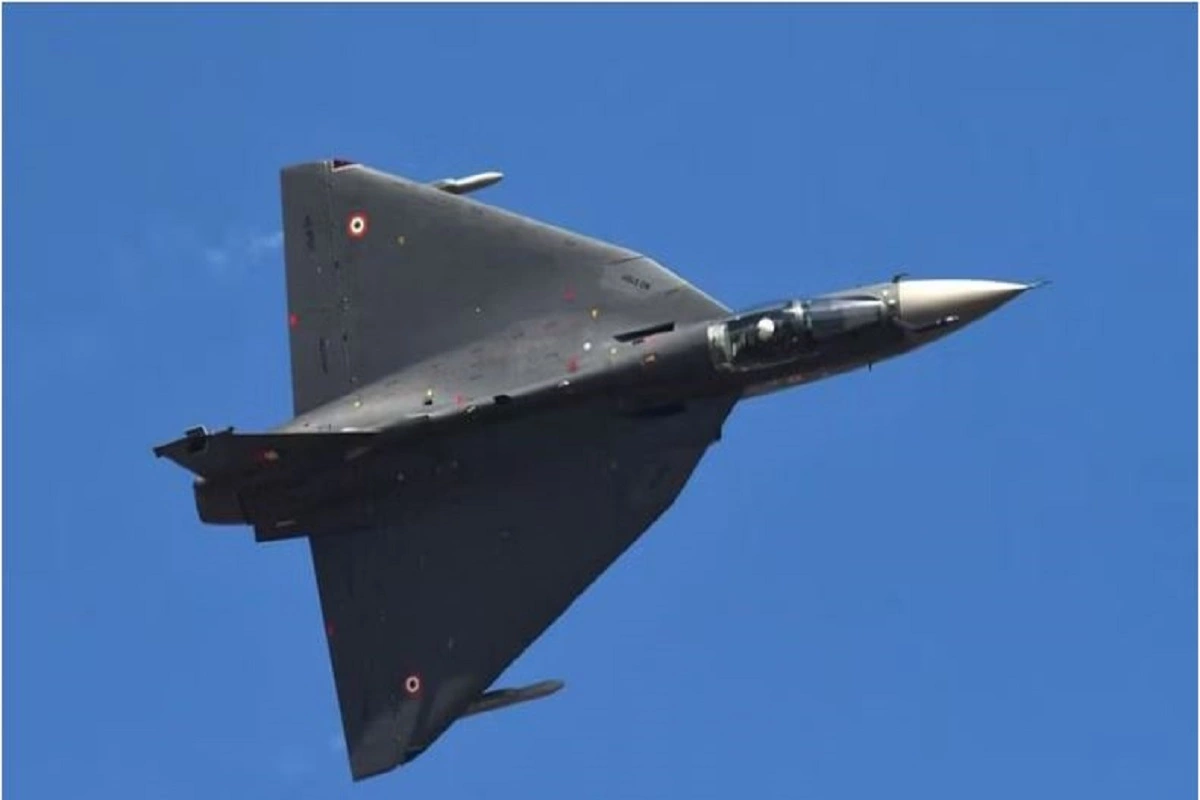
Last week, media reports raised expectations that an important announcement on defence sector cooperation may occur during Prime Minister Narendra Modi’s visit to the United States on 22 June. This announcement could be about manufacturing the General Electric F414 fighter engines in India, and the transfer of technology.
White House has not commented on these news reports yet, but if they turn out to be true, India’s indigenous capacity to produce fighter aircraft would be boosted, and a major hurdle in its defence preparedness would be mitigated. It would also signify the growing level of trust rooted in global geopolitical considerations that could potentially strengthen strategic cooperation between India and the US, particularly in the Indo-Pacific region.
There is no doubt that India-US defence cooperation has gathered unprecedented momentum over the last decade. However, the major shift occurred in 2005, when the nations signed several bilateral agreements. These included the Nuclear Deal and the ‘New Framework for Indo-US Defence Partnership’ with a 10-year tenure. This framework deepened military-to-military cooperation through joint exercises, defence trade and personnel exchanges and was renewed in 2015. In 2013, a Joint Declaration on Defence Cooperation was signed after the US pledged to cooperate in defence technology transfer, licensing, trade, research, co-production and co-development. Moreover, in 2012, India and the US signed the Defence Technology and Trade
Initiative (DTTI) to remove roadblocks in defence technology exchange. By 2016, India was granted the status of a ‘Major Defense Partner’, which committed the US to facilitate technology sharing with India to a level commensurate with that of its closest allies and partners, and industry collaboration for defence co-production and co-development.

















